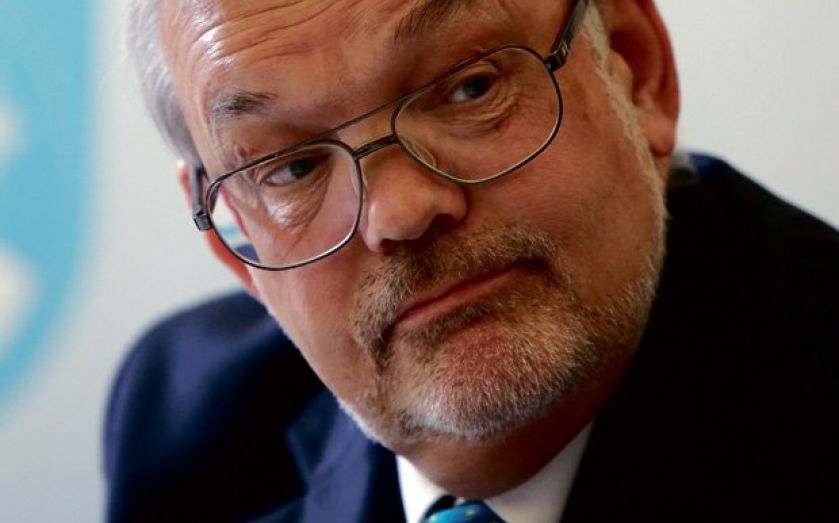Interest rates could jump back to five per cent – Sir Charlie Bean

Outgoing Bank of England deputy governor Sir Charlie Bean said yesterday that rates could eventually go back to five per cent, the long-term average during his last interview as an official at the institution.
“I think it’s plausible over the very long run that these headwinds will abate. It might well be reasonable to think that in that very long term you would go back to five per cent,” said Bean, speaking in his last interview before leaving his position at the Bank this week.
The comments, originally made on Sky News, are out of step with other Bank officials, who have argued that the Bank’s main policy rate is likely to settle below five per cent.
David Miles, who sits on the monetary policy committee (MPC) argued in February, that he “used to think that a neutral level of Bank Rate might be around five per cent”, but he was no longer sure of the view.
Miles added that financial markets agreed with his stance, suggesting that rates would remain below the normal pre-crisis level for “the forseeable future”.
Figures used in Miles’ speech suggested that the bank rate might only rise to around 3.5 per cent in eight years’ time, and then stay at a similar level, perhaps for decades to come.
Bean agreed that the Bank’s benchmark rate might rise to about 2.5 or three per cent in the next five years, saying that they would be “reasonable numbers”.
Bank governor Mark Carney repeatedly stressed during recent testimony to the Treasury select committee that increases in bank rate would be gradual and limited. Other MPC members have suggested that this might mean quarterly rate hikes of just 0.25 percentage points.
Some economists have suggested that post-crisis economies could be hampered by combined low growth and low inflation stemming from a lack of investment demand – a challenge referred to as “secular stagnation”, which would likely mean interest rates not returning to their pre-crisis levels.
Though the question of where interest rates settle in five to ten years is currently academic, the debate will have a major impact on mortgage holders and other debtors. A study by the Resolution Foundation recently suggested that if bank rate rises to 2.9 per cent by 2018, the number of people who spend a third or more of their income on mortgage repayments could double.